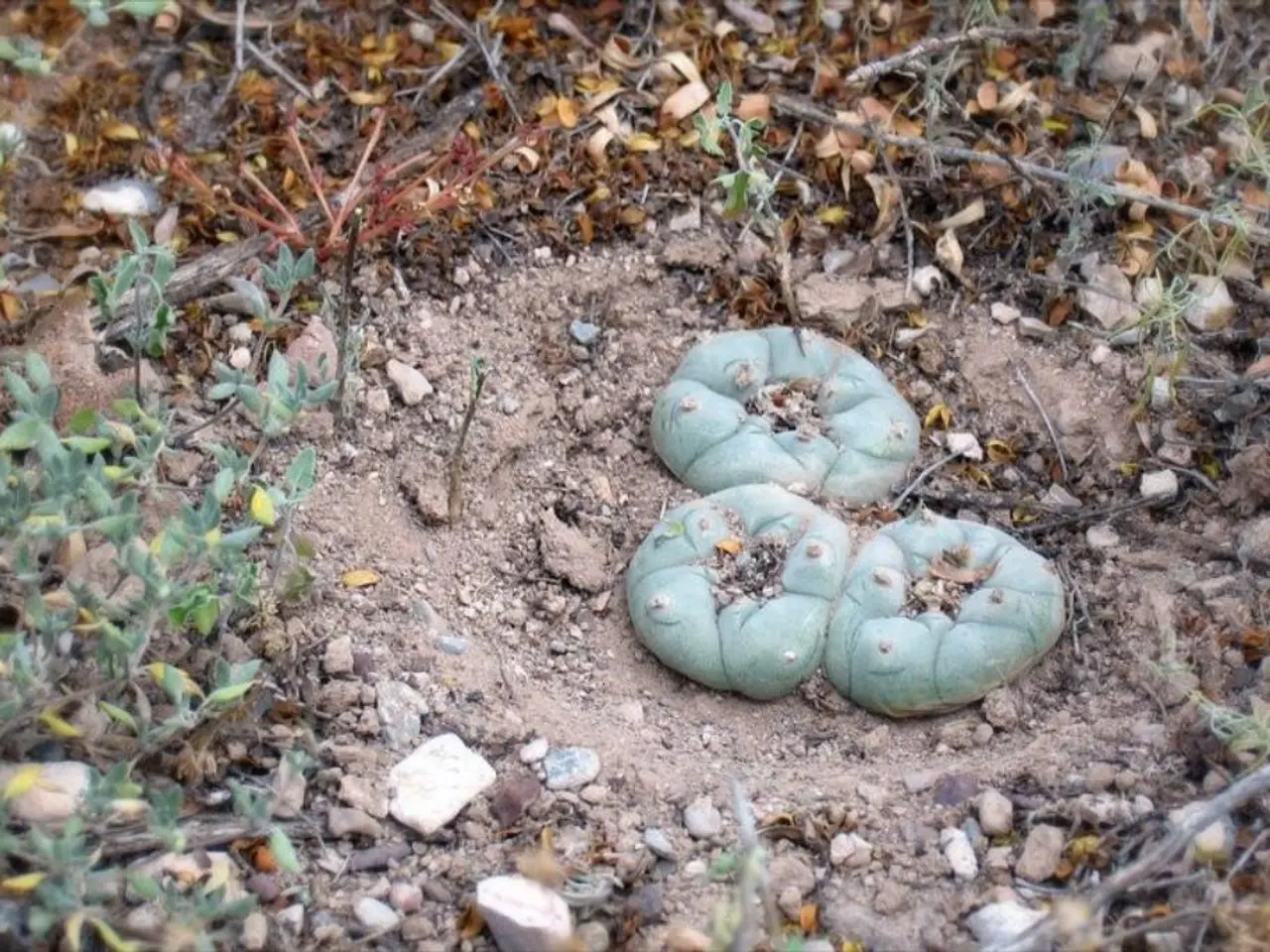Protecting Your Squash: Tips to Prevent Garden Predators
In the world of edible landscaping, squash plants are a popular choice for gardeners. However, these plants can face various challenges from animals and pests. Bonnie L. Grant, a professional landscaper with a Certification in Urban Gardening and a former professional chef, shares some tips to keep your squash plants thriving.
Natural repellents can be an effective way to deter certain animals. Garlic, onions, mustard, rotten eggs, hot pepper, cinnamon, and even predator urine can help keep animals at bay. These strong-smelling substances can be used strategically around your garden to create a barrier that animals find unappealing.
Fencing is another crucial element in protecting your squash plants. A fence of at least 6 feet (1.8 m) can keep deer and similar pests out of your veggie garden. For smaller animals like rabbits and birds, cages and bird netting can be used to cover plants directly.
Removing attractive elements on the property can also help keep animals away from the garden. This includes lidded garbage cans, bird feeders, water sources, pet food, and debris areas. By eliminating these elements, you reduce the chances of attracting unwanted visitors.
However, it's not just large animals that can cause damage to your squash plants. Insects can denude a squash plant of leaves and may even eat the roots of seedlings. Cutworms are a common pest that can cut off squash seedlings. As squash plants mature, they are often attacked by larger consumers. Tunneling in squash could be the work of rats, woodchucks, shrews, voles, moles, or other burrowing animals.
Birds can also be a problem, particularly during hot, dry summers when the moisture content in the squash fruit is high. If the lowest leaves of squash are lost, shorter animals like rabbits, raccoons, or skunks may be the culprit. Fruits with bites out of the center should be composted to avoid spreading diseases.
It's important to note that while animals like deer typically avoid prickly foods, modern cultivars of spineless squash make the foliage quite inviting to them. Similarly, domesticated animals like horses can eat specific edible pumpkins (e.g., Hokkaido) in moderation, while birds, rodents, and some farm animals also consume pumpkins in the wild or on farms.
When it comes to consuming damaged fruits, it's generally safe to consume fruits that are slightly damaged after thorough washing and cutting away of any visible damage. However, it is not advisable to consume fruits that have signs of gnawing due to the risk of diseases carried by animals like mice and rats, and potential fecal contamination. Cooking fruits completely can help kill potential pathogens.
In conclusion, with a bit of planning and the right strategies, you can protect your squash plants from unwanted visitors and enjoy a bountiful harvest. Happy gardening!
Read also:
- Poorly Controlled Eaton Fire Largely Contributed to Extensive Losses, According to Report
- Redefining Efficiency: Dubai's Structures Leading the Way in Water Conservation
- Reduced Scope 1 emissions of Airbus due to the use of Sustainable Aviation Fuel
- Unveiling of Advanced Ochre Tools Uncovers Complicated Early Human Craftsmanship




